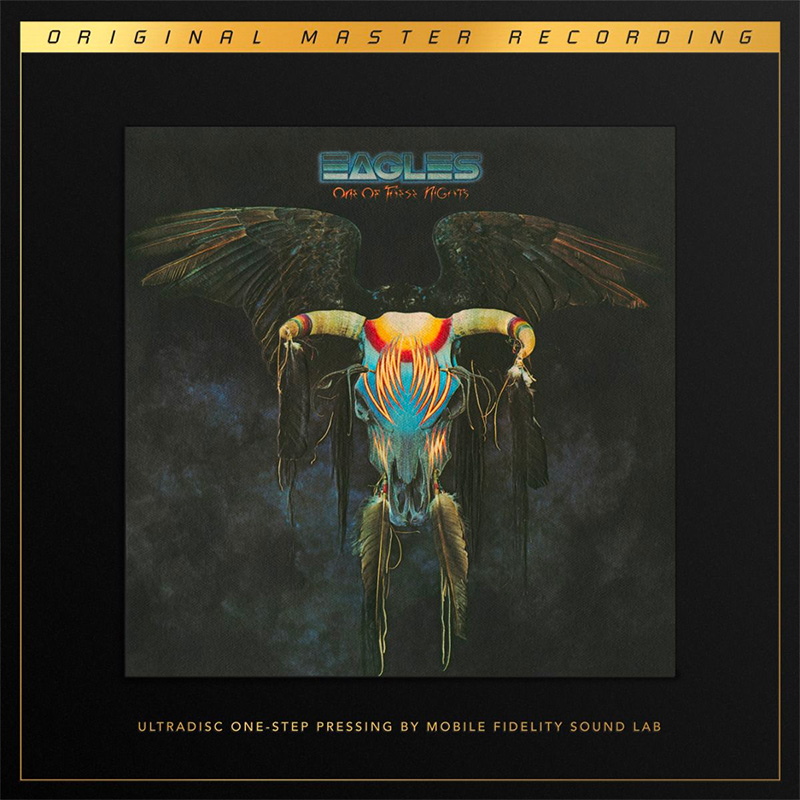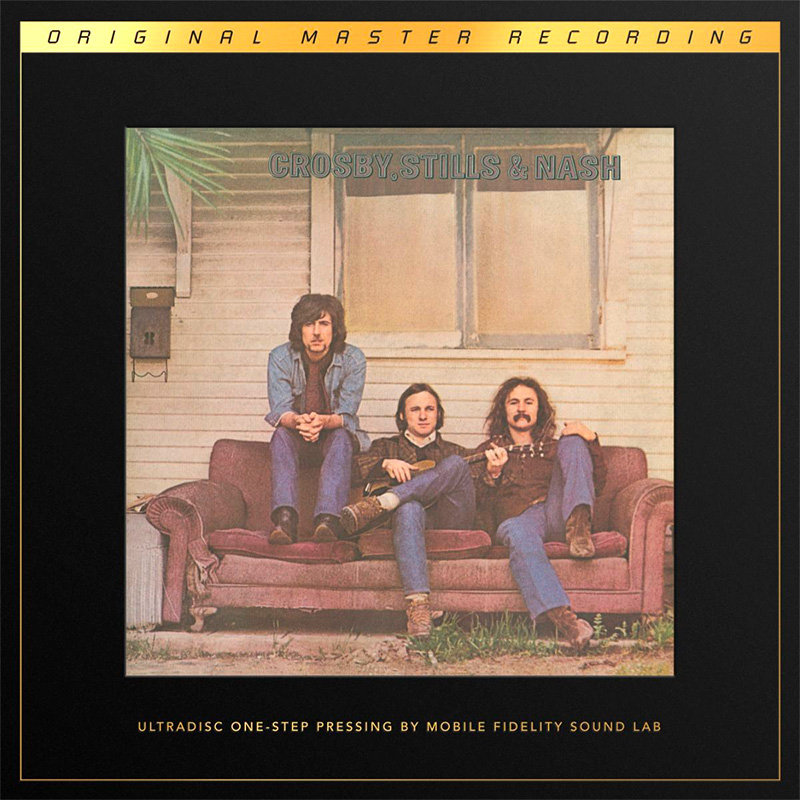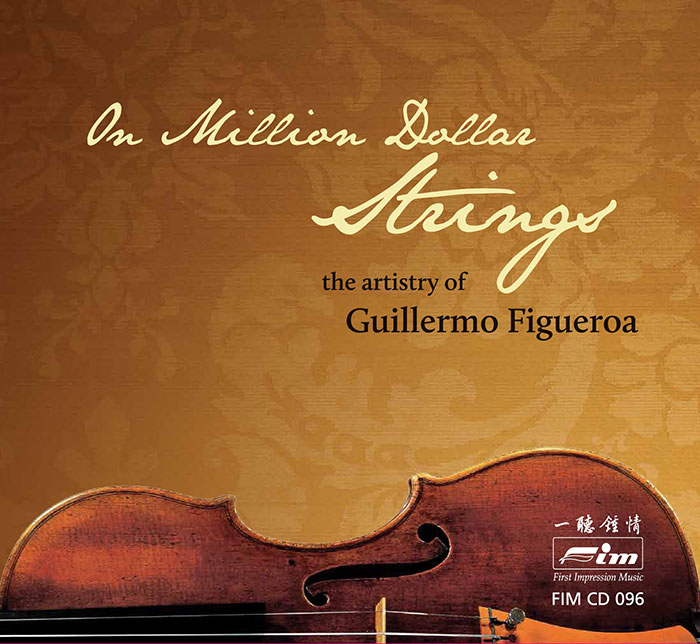Logowanie
OSTATNIE EGZEMPLARZE
Jakość LABORATORYJNA!
ORFF, Gundula Janowitz, Gerhard Stolze, Dietrich-Fischer Dieskau, Deutsche Oper Berlin, Eugen Jochum
Carmina Burana
ESOTERIC - NUMER JEDEN W ŚWIECIE AUDIOFILII I MELOMANÓW - SACD HYBR
Winylowy niezbędnik
ClearAudio
Essence MC
kumulacja zoptymalizowana: najlepsze z najważniejszych i najważniejsze z najlepszych cech przetworników Clearaudio
Direct-To-Disc
PIAZZOLLA, ChamberJam Europe
Tangos del Ángel y del Diablo
Direct-to-Disc ( D2D ) - Numbered Limited Edition
BRULL, Marius Stravinsky, Belarussian State Symphony Orchestra
Symphony, Op. 31 / Serenade No. 1, Op. 29
- Marius Stravinsky - conductor
- Belarussian State Symphony Orchestra - orchestra
- BRULL
Music of 19th-Century Jewish German Composers
World Premiere Recordings There were virtually no Jewish professional musicians or composers at the beginning of the 19th century. Richard Wagner accused the Jews of being a harmful and alien element in German culture. He argued that they had no connection with the spirit of the German people and that Jewish musicians were only capable of producing music that was shallow and artificial. The music of the Jewish composer Ignaz Brüll featured on this CD shows Wagner’s views to be completely unfounded. However, at the time, Wagner’s criticism fuelled the growing anti-Semitism in 19th century Austria and Germany, and Brüll’s considerable music output lay suppressed during his lifetime. With the rise of Nazi Germany in the 20th century, the music of Brüll was banned from being performed and his manuscripts were burnt. In 2007, for the centenary of Brüll’s death, Cameo Classics started to redress this neglect with a series of recordings.

























